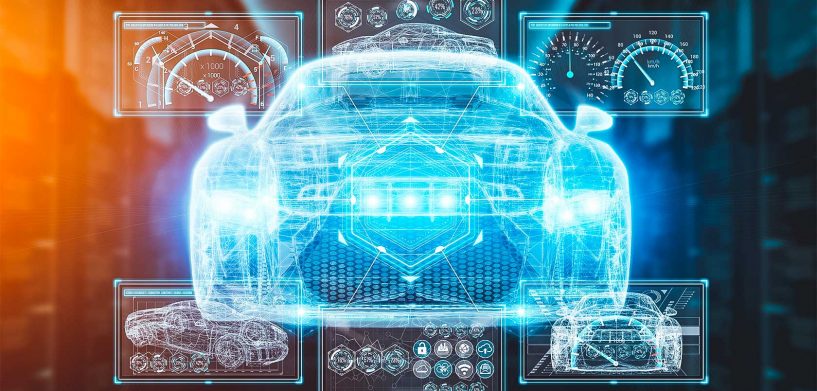As smart manufacturing shrinks the size of OEM plants and reduces waste throughout the production process, Hexagon’s digital twin solutions are the perfect fuel EV production.
When you think of auto parts, you are probably conjuring an image of highly-specialised factories churning out complex mechanical components by the thousands to satisfy a singular purpose — the manufacture of this year’s newest cars vehicles. Until now, you would have been mostly correct. However, the growing popularity of electric vehicles (EVs) in a world of rising energy costs is changing the landscape of auto manufacturing as components become easier to produce at scale without the need for massive plants and highly specialised machinery. Sales of battery electric vehicles rose by 40% and plug-in hybrid vehicles by 74% worldwide in 2020, and then more than doubled in 2021. With the electric vehicle now obviously here to stay, investing in solutions for more efficient manufacturing is critical to avoid getting left in the dust.
Ford first presented the possibilities of mass production with the Model T, and since then the automotive industry has run primarily on large-scale production to keep costs low. Another huge contributor to this system was Toyota’s ‘just in time’ production philosophy, which allowed for production to meet established demand and reduce overstock. However, the world of the past few years has shown that any significant disruption in supply chains can set automakers back in a major way. Beginning with the Suez Canal blockage and then accelerated by massive supply chain disruptions caused by the COVID-19 pandemic, reliance on centralised production is showing more and more vulnerabilities that lead to a lack of adaptability. That’s where the ‘microfactory’ model comes in.
Microfactories are plants with small footprints that assemble vehicle components via the use of multi-tasking robots that can produce EVs at a much lower cost than traditional plants due to their reduced size, build time and fully automated production processes. But the technological leaps don’t stop at simply building robots to accomplish simple assembly; full smart manufacturing solutions offer an opportunity to optimise processes at every stage of EV production from design to assembly line. Through a data-driven system of sensors, autonomous QC and AI-driven software, material waste and time-to-market can be reduced while making cars that are significantly less harmful to the environment.
Hexagon is leading the charge in this kind of integration with solutions centred around the power of digital twins (after all, operating without a digital twin is like navigating a cross-country car journey with only a paper map.) The application of AI with these exact digital representations of the real world provides teams real-time access to constantly evolving products and allows simulations and predictive analytic tools to be applied throughout project lifecycles, streamlining the production process from beginning to end and cutting down on the over-engineering and lack of collaboration that generates the greatest inefficiencies in the sector.
With automakers like Volkswagen, GM, Mercedes-Benz and BMW already pivoting to greater EV production and joining brands like Tesla and Lucid in prioritising smart manufacturing, putting data to work in smarter and more autonomous ways is shaping up to be a crucial component in the future of EV technology. Hexagon is excited to be a part of charting this evolving course, and we can’t wait to see what lies on the road ahead.

















